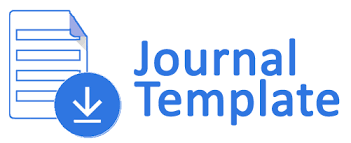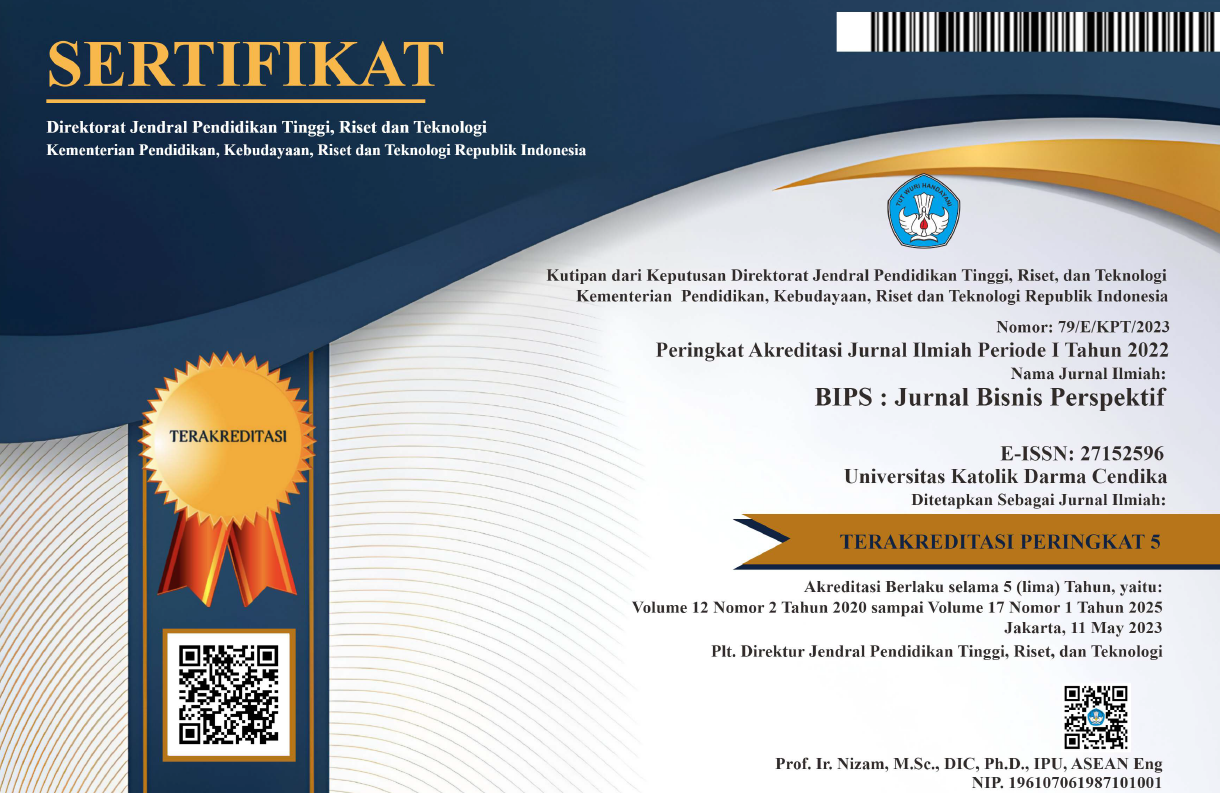Evaluasi Pelaksanaan Program Amnesti Pajak Tahun 2016 Di Indonesia
DOI:
https://doi.org/10.37477/bip.v10i1.51Keywords:
tax heaven, tax evasion, tax avoidance, tax amnestyAbstract
Income from the tax sector is generally the main income for all countries in the world in order to finance its activities. Increased revenue from the tax sector is often hampered, due to the large tax evasion and tax avoidance activities. Tax evasion and tax avoidance practices are triggered by the practice of low tax rates and other facilities provided by the tax heaven countries. In order to combat tax evasion and tax avoidance, the approach taken by each country is different. But basically approach done can be distinguished on soft apporach and hard approach. One approach that is classified as a soft approach is a tax amnesty program. In 2016 the Government of Indonesia is implementing a tax amnesty program based on Law Number 11 of 2016 concerning Tax Amnesty applied from 1 July 2016 to 31 March 2017. This paper will evaluate the successful implementation of the tax amnesty program that has been implemented in Indonesia. Evaluation is based on the achievement of 3 objectives, namely the repatriation of assets from abroad, expansion of the tax base and increase in tax revenue for the short and long term. From the point of asset repatriation, the tax amnesty program is considered quite successful, because although the target of asset repatriation is not achieved, but the asset repatriation has reached 30.54% of the estimated financial assets abroad. From the point of view of the expansion of the tax base, the number of declarations and repatriation reaches Rp. 4,737.56 trillion has exceeded the target. Meanwhile, from the point of view of increasing short-term tax revenues, the objective of the amnesty program can be considered quite successful, because it contributes 10.15% to the average amount of tax revenue in 2016 and 2017, although it has not been able to raise the growth rate of overall tax revenue for the year 2016 and 2017. Increased tax revenues for the long term can not be evaluated, because the tax amnesty program was completed 1 year ago.
Downloads
Published
How to Cite
Issue
Section
License
Authors publishing in this journal agree to the following terms:
- The author retains copyright and grants the journal rights of first publication with the work simultaneously licensed under a Creative Commons Attribution ShareAlike License License that allows others to share the work with acknowledgment of the author's work and initial publication in BIP's: Journal of Business Perspectives.
- Authors may include separate additional contractual arrangements for non-exclusive distribution of the published version of the journal (e.g., submit to an institutional repository or publish in a book), with an acknowledgment of the original publication in this Journal.
- Authors are permitted and encouraged to post their work online (e.g., in institutional repositories or on their websites) before and during the submission process, as it can lead to productive exchanges, as well as citations of previously published work.
Each author is expected to complete the copyright process with a document of the originality of the manuscript, the templated document is below:


7.png)


6.png)
2.png)


